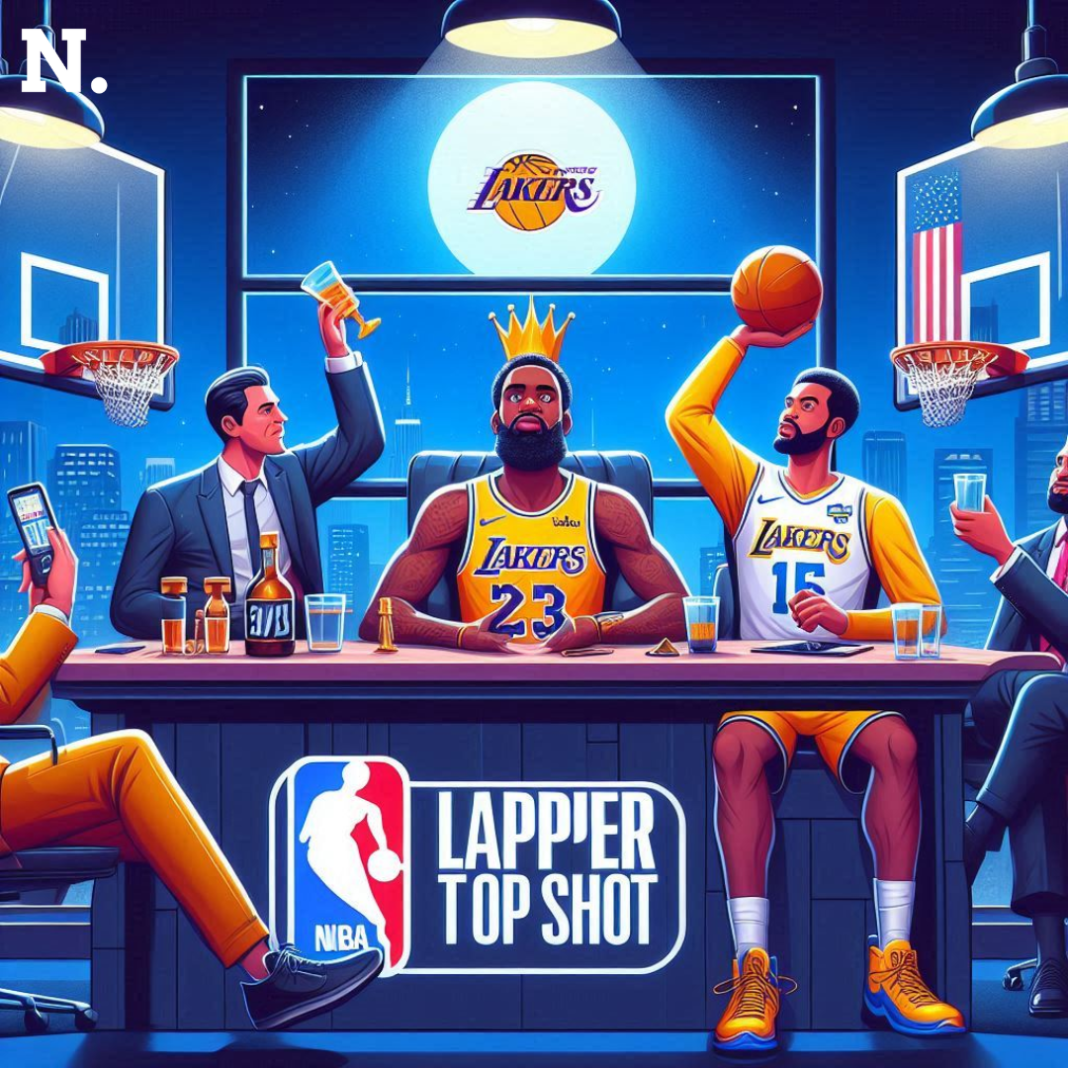In a major legal development, class action plaintiff Thomas Fan filed an opposition to the NBA’s motion to dismiss his lawsuit. Alleging a joint venture between the National Basketball Academy and Dapper Labs, creator of the NBA Top Shot platform. It is now part of a case in the US District Court. For the Northern District of California that holds important implications. For digital content partnerships and the burgeoning world of blockchain-based collectibles.
Fan’s Lawsuit Claims NBA Active Involvement
Fan’s opposition filing argues the relationship between the NBA and Dapper Labs runs far beyond anything that could ever be conceived under a normal IP licensing agreement. He was buttressed to the extent that the NBA and Dapper Labs. Worked hand-in-glove to design and promote NBA Top Shot, an online marketplace to buy, sell, and trade blockchain-based digital collectible highlights. According to Fan, the NBA contributed huge swaths of its IP, brand, and goodwill to this venture. NBA Top Shot is reported referred to as “it’s the NBA” by NBA Commissioner Adam Silver.
The NBA was involved in creating the strategic direction concerning NBATop Shot, as claimed by one of the fans. The NBA had the power to approve the major business decisions, and it had meaningful input. Into any discourse on the operation of the platform. Moreover, the NBA itself collected users’ personal data from the website of NBATop Shot. For its own commercial purposes, which may indicate deeper involvement than that of a regular IP licensor.
Fan claimed it was a profit-sharing deal from a financial perspective, where the NBA took a percentage of sales revenues from the platform. According to him, this meant that the NBA shared both in profits and risks for the venture. Dapper Labs is alleged to have given equity ownership to the NBA, interlocking their financial fortunes further with the NBA.
NBA-Dapper Labs Agreement
Fan’s filing legally relies, in part, on past court cases to bolster his position. That the partnership between the NBA and Dapper Labs represents a joint venture. The parties held partnerships in producing video or digital content, despite explicitly denying this status in their contracts, as cited in various cases. One case involved an agreement to produce and syndicate a TV show. On those bases, similar principles could apply to the relationship between the NBA and Dapper Labs, as seen from the filings.
The NBA is basing its motion to dismiss on the assertion that their agreement with Dapper Labs explicitly disclaims any partnership or joint venture. And such compensation received should viewed only as a royalty agreement for the use of their IP. They further cited the 2003 case of Dinaco v. Time Warner. In opposition, Fan argues that the level of involvement and conduct by the NBA in NBATop Shot extend way beyond any regular set-up in IP licensing.
Potential Implications for Blockchain
Fan tends to finalize his opposition-ops by claiming that the totality of evidence tiptoeing on the NBA’s promotion efforts, financial stake, and active management role adequately. Alleges the intent of the parties to act as joint venturers, as defined under California law. These factual issues, according to him, should not resolved at the motion-to-dismiss stage but require a more detailed legal examination.
We could define how digital content partnerships are structured and regarded in their entirety as a major case. If the court rules in favor of Fan, it will pave the way for more careful scrutiny of comparable relationships within the Blockchain technology and digital collectibles sectors. Particularly in the entertainment industries, see significant growth.
On the other hand, a dismissal perhaps would further the impression that detailed contractual disclaimers may preclude claims of joint ventures or partnerships. Neatly sidestepping many thorny issues, simply by inclusion of appropriate contract language. Even in circumstances where serious collaboration might be apparent.
A Pivotal Case for Digital IP Law
At this point, the lawsuit is well underway, with both sides making some very strong arguments. The case shines a light on the potential knotty character of modern digital business relationships. With the fast-changing tapestry of IP law in the blockchain and digital media ecosystem. For that matter, the eventual ruling may well create important precedents for future ventures. And will definitely be followed very closely by the stakeholders in the same leading technology, sports, and entertainment sectors.





